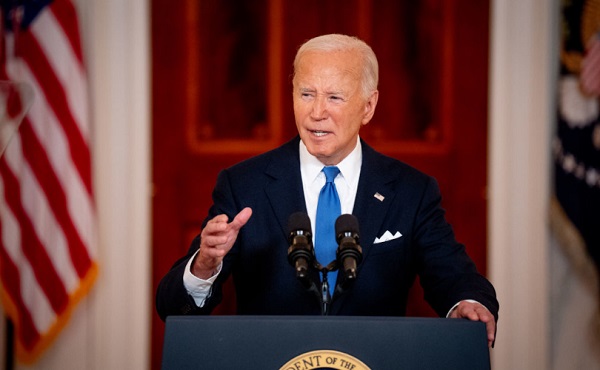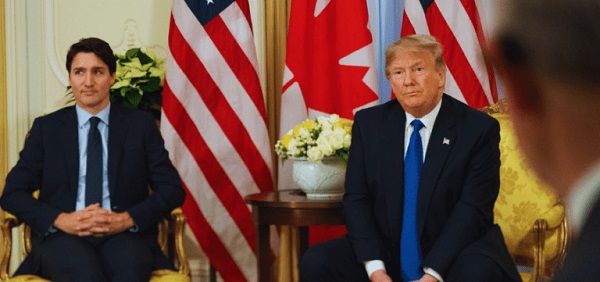Alberta
Alberta announces new senatorial election in October 2021

From the Province of Alberta: Battling back with a new Senate Election
Bill 13, the Alberta Senate Election Act, would reinstate Senate nominee elections to enable Albertans to choose who would best represent them in the Senate.
Premier Jason Kenney and Justice and Solicitor General Minister Doug Schweitzer announce Bill 13: The Alberta Senate Election Act.
Senate nominee elections would reflect the democratic will of Albertans and make senators directly accountable to Alberta voters to defend our province’s interests.
“We are introducing the Alberta Senate Election Act to enable Albertans to choose the people they think would best represent them in the Upper Chamber. Senators who are elected by Albertans have shown that they effectively stand up for Alberta’s economy, jobs and families. They set a strong example to other provinces of the benefits of having effective voices with the moral legitimacy of having been elected.” Jason Kenney, Premier
In the four elections between 1989 and 2012 held under the previous Senate elections law, which expired in 2016, Alberta voters nominated 10 candidates for Senate appointments. Of those, five were ultimately appointed, including current senators Doug Black and Scott Tannas, who recently stood up for Alberta’s economy and for resource jobs in Canada by advocating for changes to Bill C-69, the ‘No More Pipelines Bill’ and the prejudicial Bill C-48.
“Elected senators are accountable to Albertans and have greater moral legitimacy to effectively speak on our behalf because they receive a mandate from voters. When Albertans have had a say in who would best represent them in the Senate, they have chosen people of the highest calibre who have been effective voices for Alberta’s interests.” Doug Schweitzer, Minister of Justice and Solicitor General
“Alberta Senate nominee elections had played an important role in allowing Albertans to decide who will be their voice at the federal Parliament. These elections bestowed significant moral and political legitimacy to Alberta’s senatorial candidates. I was honoured to have won in the 2012 Alberta Senate nominee elections, and am proud to continue to serve alongside my fellow Albertan colleague, the Honourable Scott Tannas. The renewal of the Senatorial Selection Act is an important step forward for reasserting Alberta’s role as a leader in the democratization of the Canadian Senate.”Sen. Doug Black
“Since 1989, Alberta voters have gone to the polls to nominate their choice for who should represent them in Canada’s Senate. I am proud to be one of five elected candidates to have been appointed as a senator from Alberta. I am pleased to see the Government of Alberta is reviving the Senatorial Selection Act after the previous government refused to renew it. Albertans have a proud tradition of electing candidates for the Senate, and should continue to do so.”Sen. Scott Tannas
“As a proud Albertan and retired member of the Senate of Canada, I am pleased to see the introduction of Bill 13: The Alberta Senate Election Act. This act would revive Alberta’s proud history of leading and strengthening our shared Canadian democratic traditions. I have always firmly believed that a strong, democratic Senate is in the interest of provinces like Alberta that do not have adequate weight in the House of Commons but important regional interests. Under the leadership of Premier Jason Kenney, I am confident that this government will restore Alberta’s rightful voice and standing in federal politics.”Betty Unger, former senator
“In 2012, over 300,000 Alberta voters marked my name on their Senate election ballot. Despite that, Prime Minister Justin Trudeau refused to respect the wishes of Albertans, and instead appointed senators who voted against Alberta’s interests and in favour of the so-called ‘No More Pipelines Act,’ Bill C-69. It’s time for Albertans to once again have their say on who they want to see representing them in Ottawa.”Mike Shaikh, senate nominee
Quick facts
- Alberta has six representatives in the Senate.
- In 2012, 1.3 million Albertans voted in a Senate nominee election, which was held in conjunction with the provincial election.
- In general, the law would allow for voting for Senate nominees:
- as part of provincial or municipal elections
- as a stand-alone process
- with a referendum
- The next scheduled Alberta Senate vacancy will be in March 2021.
- The Government of Alberta would provide names of elected nominees to the prime minister for consideration when filling Senate vacancies.
- The previous Senate elections legislation expired in 2016.
Alberta
Alberta: The fuel for global growth in 2025

By Patrick Malkin
In an era defined by economic volatility and political strife, Alberta stands out as a beacon of success, outpacing many areas of North America in growth and innovation. The province’s achievements can be attributed to a combination of prudent governance, resource management, and a commitment to diversification that positions it as a model for other regions.
At the heart of Alberta’s success is its robust economy, driven primarily by its abundant natural resources. The province is rich in oil, gas, and minerals, which have historically fueled its growth. However, what sets Alberta apart is its ability to adapt and evolve. Unlike many resource-dependent regions, Alberta has not rested on its laurels. Instead, it has invested in technology and innovation to enhance its energy sector’s efficiency and sustainability. Initiatives aimed at carbon emissions and promoting innovative energy are gaining traction, demonstrating that Alberta is not merely a fossil fuel powerhouse but a forward-thinking leader, and breadbasket for energy in North America.
Alberta is addressing growing global energy needs by leveraging AI adoption, fueling a robust expansion our energy sector and taking the lead in a new era of energy innovation which could produce worldwide benefits.
The Danielle Smith government has embraced fiscal responsibility and business-friendly policies that attract investment. By maintaining competitive tax rates and fostering a regulatory environment that encourages entrepreneurship, the province has become a magnet for both domestic and international businesses. This strategic approach leads to job creation and economic resilience, even in the face of global downturns. While other regions grapple with increased unemployment and stagnant growth, Alberta’s job market shows strength, reflecting the effectiveness of its policies.
Education and workforce development also play pivotal roles in Alberta’s success story. The province has invested heavily in education and skills training, ensuring that its workforce is equipped to meet the demands of a rapidly changing economy. With a focus on STEM (science, technology, engineering, and mathematics) fields, Alberta is cultivating a generation of innovators and problem solvers who will drive the next wave of economic growth. This commitment to human capital development is a crucial differentiator, setting Alberta apart from regions that have neglected investment in education.
Alberta’s diverse economy is another factor contributing to its success. While the energy sector remains vital, the province has successfully expanded into agriculture, technology, tourism, and manufacturing. This diversification mitigates the risks associated with reliance on a single industry and enhances overall economic stability. As the global economy shifts, Alberta’s varied economic landscape positions it to adapt more readily to change than regions heavily reliant on an individual sector.
Political stability and effective governance cannot be overlooked. Alberta’s leadership under Smith, has prioritized transparency and accountability, fostering public trust and engagement. By listening to the needs of its constituents and responding with effective policy solutions, the government has cultivated a sense of unity and purpose that resonates with Albertans. This contrasts sharply with the polarization seen in other parts of North America, where political gridlock can stifle progress.
Alberta’s success is not merely a product of its natural resources; it is the result of strategic planning, investment in human capital, and a commitment to innovation and diversification. As other regions struggle with economic challenges and levels of economic instability, Alberta serves as a shining example of what can be achieved through sound governance and forward-thinking policies. As we move further into the 21st century, the lessons learned from Alberta’s remarkable rise may hold the key to unlocking potential in other regions, reminding us that success is not merely about resources but about how we choose to leverage them for the greater good.

Patrick Malkin
Deputy Chief of Staff for Operations
Province of Alberta
@MalkinPcos on X
Alberta
Integrated Border Enforcement Team makes 189 kg cocaine bust at Coutts port of entry
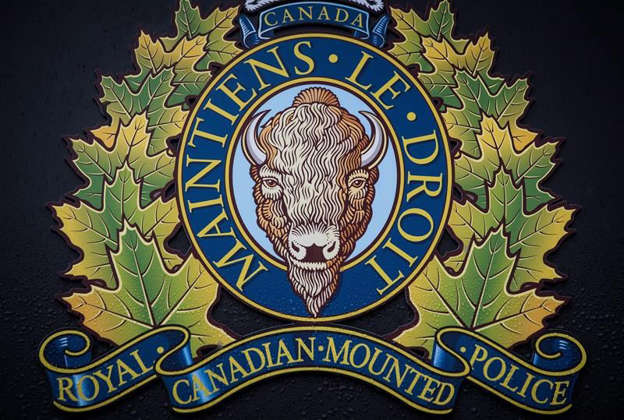
News release from Alberta RCMP
Canada Border Services Agency (CBSA) officers, working with the Integrated Border Enforcement Team (IBET) in Alberta, a joint force operation between the RCMP Federal Policing Northwest Region, CBSA and Calgary Police Service, seized 189 kg of cocaine following a secondary examination of a commercial truck seeking entry at the Coutts port of entry on Nov. 13, 2024. The drugs have an approximate wholesale value of $2 million.
“The safety and security of Canadians is the RCMP Federal Policing Northwest Region’s top priority. With the support of various law enforcement agencies, we’ve successfully prevented harmful drugs from entering Canada and harming our communities.
- Supt. Sean Boser, Officer in Charge of Federal Serious Organized Crime and Border Integrity – Alberta, RCMP Federal Policing Northwest Region
“I want to commend our CBSA officers who prevent illegal narcotics from breaching our borders and disrupt crime networks. In cooperation with our law enforcement partners, the RCMP and the Calgary Police Service, this significant seizure serves as another example of how Canada’s borders are being secured and drugs are kept off our streets.”
- Ben Tame, Director, Southern Alberta and Southern Saskatchewan District, Canada Border Services Agency
“Our efforts to combat drug trafficking rely heavily on working closely with our partner law enforcement agencies, including the CBSA and RCMP. This is a significant seizure that undoubtedly had the potential to cause serious damage to our community.”
- Supt. Jeff Bell, Criminal Operations & Intelligence Division, Calgary Police Service
IBET’s mandate is to enhance border integrity and security along the shared border, between designated ports of entry, by identifying, investigating and interdicting persons, organizations and goods that are involved in criminal activities.
All partners are engaged in the ongoing criminal investigation.
-
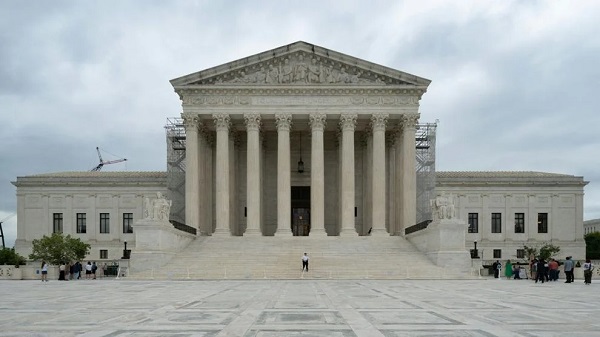
 International1 day ago
International1 day agoU.S. Supreme Court to rule on major cases in 2025
-

 Crime1 day ago
Crime1 day agoWoman Allegedly Burned Alive On Train By Illegal Migrant Finally Identified
-

 Crime1 day ago
Crime1 day agoAt least 15 dead in terrorist attack in New Orleans’ French Quarter
-
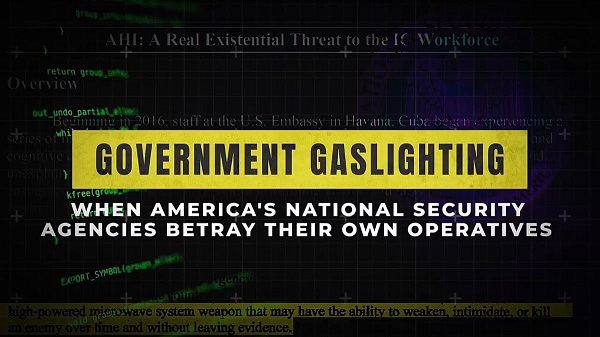
 Catherine Herridge1 day ago
Catherine Herridge1 day agoCIA whistleblower accusing government of “Havana Syndrome cover up” EXCLUSIVE Catherine Herridge Report
-

 International23 hours ago
International23 hours agoFBI identifies Texas man as Bourbon Street attacker
-

 Brownstone Institute16 hours ago
Brownstone Institute16 hours agoRead Between the Lies: A Pattern Recognition Guide
-
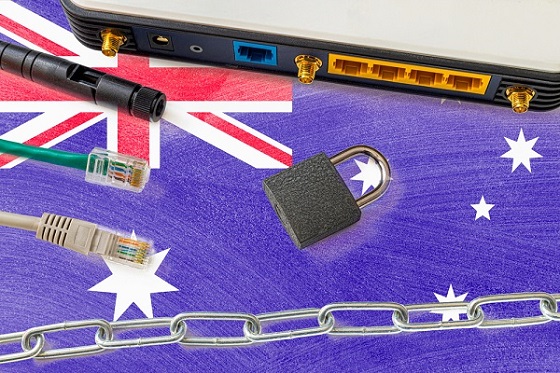
 Censorship Industrial Complex16 hours ago
Censorship Industrial Complex16 hours agoAustralia’s Misinformation Bill Is Dead…for Now
-
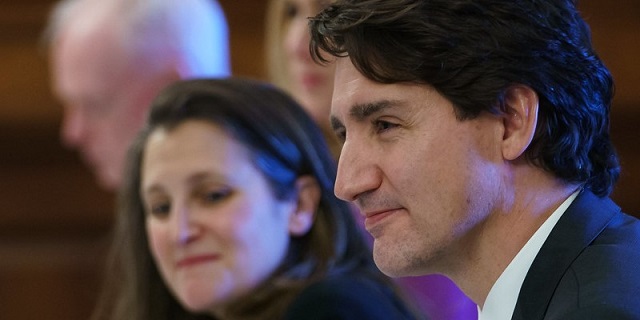
 Frontier Centre for Public Policy9 hours ago
Frontier Centre for Public Policy9 hours agoCanada’s Leadership Vacuum Fueling a National Crisis




